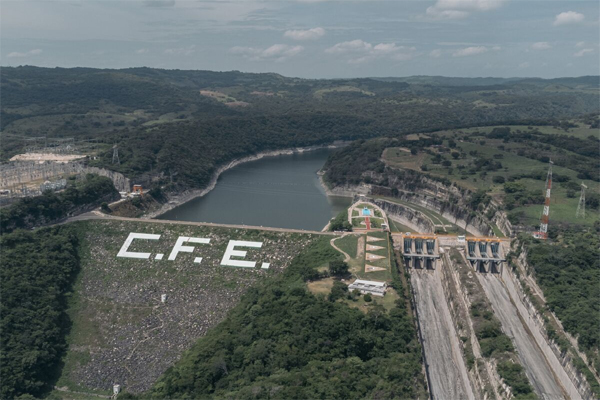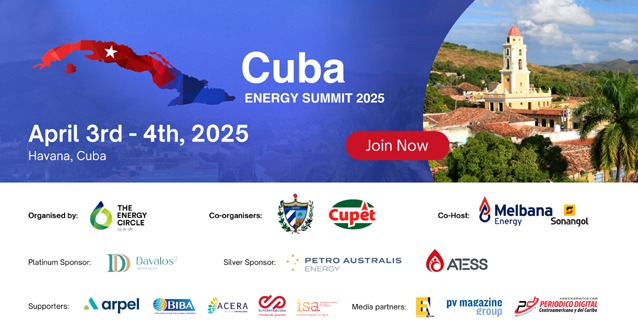
Maya Averbuch, Bloomberg News
MEXICO CITY
EnergiesNet.com 02 01 2024
Mexico’s Supreme Court decided against the government’s nationalistic electricity legislation in a case brought by private energy companies, a major blow to President Andres Manuel Lopez Obrador’s statist agenda as he nears the end of his term.
The ruling prevents the controversial law, which gave Mexico’s state-owned utility CFE priority over private ones in dispatching electricity, from being applied to companies. Even though the case brought by a group of renewable energy firms who argued that they were directly affected by the 2021 law, the justices’ decision applies broadly to firms operating in Mexico’s energy sector.
“This is an enormous victory not only for Mexico’s energy sector, but also for the future,” said Viviana Patiño Alcala, a competition researcher at Mexico Evalua, a think tank in Mexico City. “We can return to the pace we had before in our energy transition.”
The court said in a statement published Wednesday that the law “violates the principles of competition.” It also said the change in the system of issuing clean energy certificates disincentivized new projects that supported the country’s sustainable development goals. The reform had not been implemented while the cases brought by businesses, who had argued they were not allowed to compete, were pending in courts.
Lopez Obrador, who is starting his final year in power, has sought to strengthen Mexico’s state energy producers and revert probusiness legislation passed by the prior administration, arguing his predecessors had signed off on unfair deals. The legislation his party passed in congress also included an end to the state’s obligation to hold public electricity auctions.
The Mexican government’s nationalistic energy policy, including giving large rescue packages for state oil producer Pemex, has turned into a trade dispute with the US and Canada, as companies in those countries sought the help of their officials to negotiate with the Lopez Obrador administration over the terms of their contracts.
Analysts say the court’s decision reduces the chance that parties could soon ask for an arbitration panel to intervene if they do not reach an agreement, a potential boon for the Lopez Obrador administration despite the blow to the president’s agenda.
“It’s important for the relationship with the United States, which is always key in an election year,” said Jesus Carrillo, a researcher at the Mexican Institute for Competitiveness, known as IMCO. “It will help reduce the pressure from those who are on the side of the US and Canadian companies.”
Lopez Obrador has found other ways to achieve his vision, including purchasing $6 billion worth of national gas plants and a wind farm from Spanish firm Iberdrola SA and enforcing the cancellation of self-supply contracts the government said companies had misused to sell power. The energy regulator has also delayed issuing permits for companies to operate, leading to a volley of complaints.
The result is that the state utility — the Comision Federal de Electricidad, as CFE is formally known — saw its market share rise to around 40%, and if you count its private partners as well, to an estimated 69%, with a combination of hydroelectric, nuclear and natural-gas power plants, plus solar projects in the works.
Lower tribunals in Mexico are now expected to apply the Supreme Court’s decision for the many other companies that have brought individual injunctions. The court had ruled in 2022 that parts of the electricity reform were unconstitutional, but did not have the votes needed to entirely invalidate the legislation.
bloomberg.com 01 31 2024












